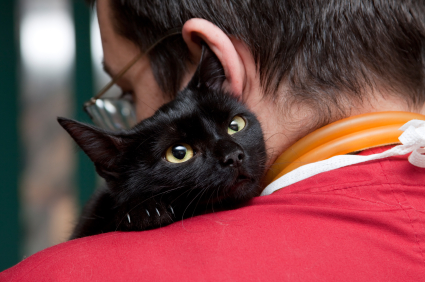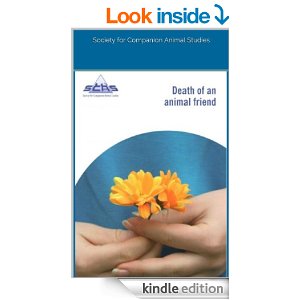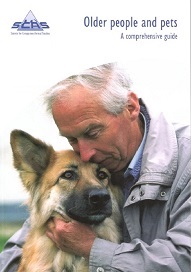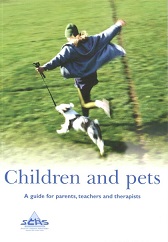
When delivering training to a wide variety of veterinary professionals on how to support clients through pet loss, it is clear to see that the effects of pet loss are also significant to those involved in the process as professionals.
It is only in more recent years that pet bereavement support has been included in the veterinary nursing curriculum and still we see many veterinary professionals struggling to deal with a part of their job that is significant on a daily basis and yet a minor focus in their training. Having the responsibility of communicating and supporting traumatised and grieving pet owners is quite a weight to put on the shoulders of anyone who hasn’t received professional training in such areas.
In addition there are aspects of pet loss that can acutely affect those involved when they are part of the team responsible for completing the euthanasia. We often talk of responsibility grief in terms of an owner having to make that difficult decision to end their pet’s life but many of the emotional responses such as guilt, sadness, and anger may also be experienced by those who were present during the process itself.
A study by Vanessa Rohlf and Pauleen Bennett looking at a form of Post Traumatic Stress Disorder in professions that take part in euthanasia concluded that occurrence was minimal (less than 15%). However, the fact that is might occur at all does raise the question of need for employers to risk assess in relation to impact on staff health as a result of working with euthanasia.
“A significant negative relationship was observed between satisfaction with social support and reported levels of stress, replicating previous studies indicating that social support acts as an effective buffer against stress (Cohen & Wills, 1985; Leavy, 1983). It was interesting that the highest perceived level of social support was attributed to pet animals, while the lowest perceived level of social support involved employers. Again, this is an area in which education programs for management may be required.
This study has several practical implications. First, it confirms perpetration induced traumatic stress as a valid avenue of study in animal workers. Although almost all of the participants did not report clinically significant levels of euthanasia-related stress, those who did clearly require further research attention. That some individuals suffer perpetration-induced traumatic stress and others do not indicates the importance of examining risk and protective factors. Second, this study confirms that social support and work experience are important determinants of how well animal workers cope with euthanasia-related stress. Third, the study suggests that recruiters should canvas concern about animal death when appointing new staff, so that appropriate stress reduction measures can be implemented as required.”
The full report can be accessed here at Animals and Society: http://www.animalsandsociety.org/assets/library/560_s1332.pdf
For information on training in pet loss support please visit our training pages. Whilst we are currently not taking enrollments on many of our courses following our organisational re-structure we intend to resume training activities soon. You can also access our pet bereavement support for veterinary professionals webinar series.

 Our popular booklet “Death of an Animal Friend” is now available for Kindle through Amazon. Kindle books can also be read using a variety of other devices using one of the free Kindle Apps, including computers, iPad, iPhone, and Android tablets.
Our popular booklet “Death of an Animal Friend” is now available for Kindle through Amazon. Kindle books can also be read using a variety of other devices using one of the free Kindle Apps, including computers, iPad, iPhone, and Android tablets.


